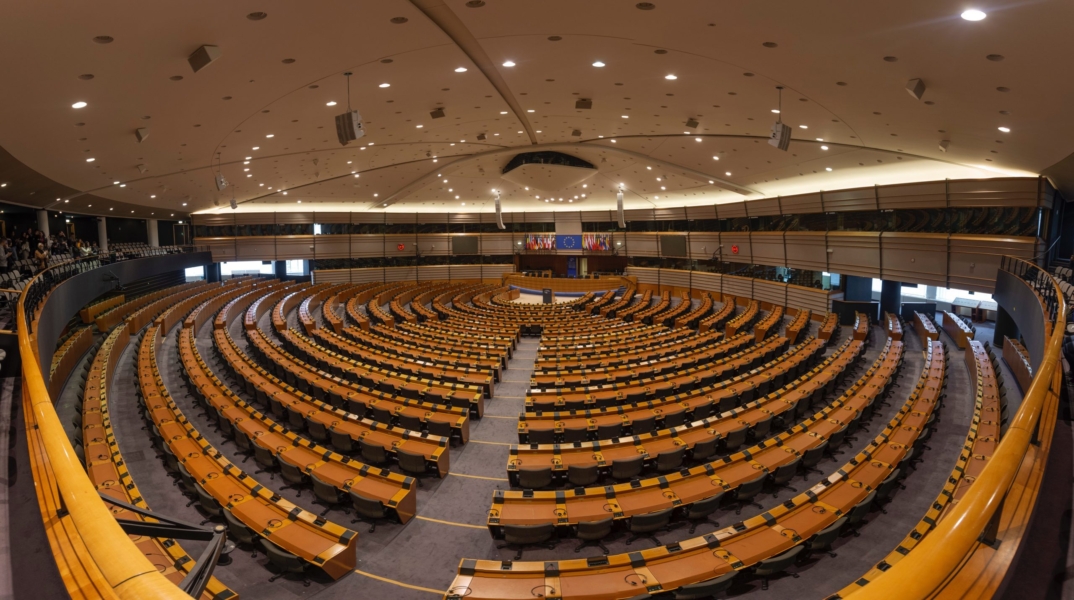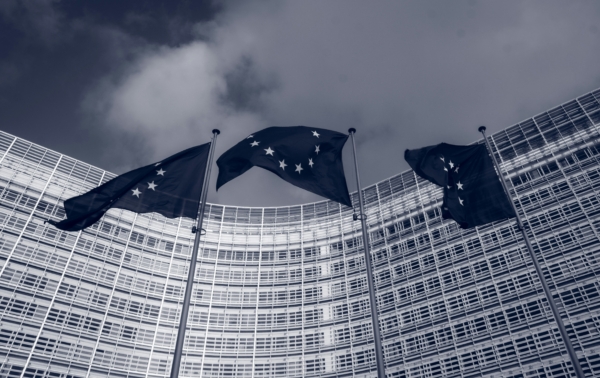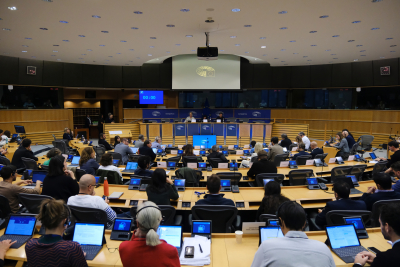Our analysis is available for download here and the corresponding methodology can be accessed here.
Transparency International EU’s (TI EU) analysis of all MEP side activity declarations has revealed that MEPs are able to get away with providing missing detail on the activities they perform. Furthermore, 12% of all side activities are with organisations registered on the EU transparency register, meaning that almost one in eight side jobs are with organisations that have an active interest in influencing EU policy.
Elected representatives should serve the public interest. Yet, at EU level, MEPs are allowed to perform any number of paid and unpaid side activities, with no restriction on their number, remuneration, or the type of activity. This means that MEPs are systematically exposed to potential conflicts of interest, severely undermining the credibility of the European Parliament. And this is not a hypothetical scenario: we complained about conflict-of-interest risks concerning MEPs in April and June 2023 .
Our most recent analysis now provides a complete overview of the side activities performed by MEPs. A total of 1678 activities are declared, equating to an average of more than two per MEP. 30% of these activities generate annual outside income that totals between 3.5 and 11.2 million euros. In fact, up to 36 MEPs could be receiving more income from their side jobs per year than their European Parliament salaries (€9,975.42 per month before tax). MEPs can only declare monthly gross income in broad ranges, leading to a strong disparity between the lower and upper range of our calculations*.
12% of all declared activities are with organisations on the EU transparency register—those that lobby the EU. This means that almost one in eight side jobs are with organisations that are actively involved in influencing EU policy. 16 MEPs are also lawyers, 12 are consultants and nine are executive board members—professions with a higher risk of conflict of interest, because of their fiduciary duties and their need to act in the best interests of clients.
Critically, while MEPs are required to declare their side activities in a precise manner, the screening system that currently vets declarations for “plausibility” is woefully inadequate, allowing vague descriptions to be published. For example, our analysis revealed imprecise side job descriptions such as “consultancy activities”, “active retired lawyer” or “economic activity” without any further precision on clients or field of work. 20% of all declarations are imprecise or incomplete, meaning that they miss the key information needed to effectively identify and prevent conflicts of interest.
The issue is even more glaring for outside employment – a sub-category of activities that involves a work contract or self-employment – with 42% not disclosing the exact position or the name of the MEP’s employer. Meanwhile, of the 88 MEPs that declared holdings in companies, only six specified the number of shares they hold.
Our findings expose the scale of side activities within the European Parliament, and the large risk that MEPs might not always be acting in the public interest. It is essential that in light of Qatargate and ahead of the European Parliament elections, citizens are given clear reassurance that their elected representatives will act for them, and not in their private interest. This is why we are calling for a near-total ban on MEP side activities, with limited exceptions for sectors such as education and healthcare. Further, the European Parliament must implement a more robust screening system to vet declarations and effectively prevent potential conflicts of interest from arising in the first place.
Today, MEPs in the European Parliament Committee for Constitutional Affairs had the chance to vote for wholesale change to the Rules of Procedure and Code of Conduct for MEPs. They could have voted for banning paid activities on behalf of organisations on the EU transparency register. Instead, not only did they vote against this provision, but even watered down existing rules governing the declarations of financial interests, by voting for the installation of an income threshold above which any side employment would have to be declared in the first place, with any side employment below this threshold not requiring declaration.
The vote will move to the European Parliament plenary next week, and MEPs must seize this opportunity to show they take these concerns seriously. Only a vote to regulate their own interests and conduct will reassure European citizens that they do.
Download and read the full briefing note here.
For press enquiries, please contact EUPress@transparency.org.







